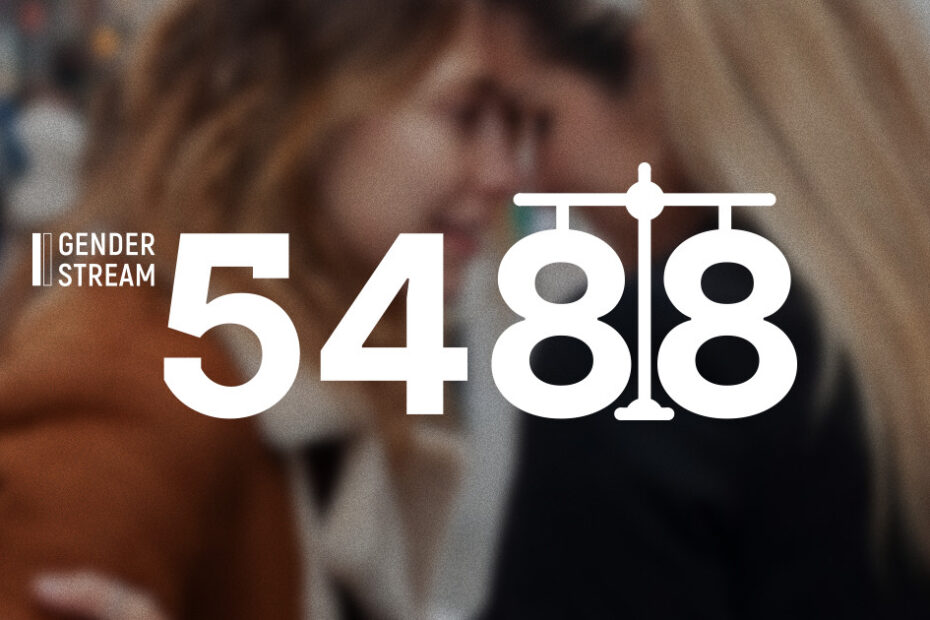Combating racism, discrimination and hate crimes is essential to ensure justice, equality and the general welfare of democratic countries. No democratic society can thrive if any of its members suffer harm because of their identity, ethnicity, gender or beliefs. Confronting these issues is not only a matter of legality, but also a matter of human dignity and solidarity.
Unfortunately, despite progress, discrimination remains widespread. The latest data from the European Commission is striking: more than half of respondents say that discrimination on the grounds of Roma nationality (65%), skin colour (61%), ethnic origin (60%), gender identity (transgender – 57%) and sexual orientation (54%) is widespread in their countries. These figures highlight an urgent problem – racism and discrimination continue to plague our societies, affecting vulnerable groups across Europe.
Moreover, 21% of respondents have personally experienced discrimination or harassment in the past year, with the most common forms related to age, gender, political opinion, socio-economic status and appearance. These incidents occurred mainly in public places and at work, which once again underlines the need to strengthen measures to protect people in all areas of life.
The need to adopt draft law No. 5488
In light of these statistics, it is clear that systemic discrimination must be addressed through both legal and societal changes. One of the most important steps forward is the criminalisation of hate crimes – something we must continue to advocate for by pushing for the adoption of Draft Law 5488. This law will provide enhanced protection for vulnerable groups, such as LGBTQI+ communities, Roma communities, veterans, people with disabilities and others, as well as those at risk of gender-based violence.
Support for such protection measures is particularly important for groups such as the LGBTIQ+ community, where progress has already been made in recognising their rights. Two-thirds of respondents approve of equal rights for lesbian, gay, bisexual, transgender and all others. Growing majorities also believe that same-sex relationships (71%) and same-sex marriage (73%) should be allowed across Europe, reflecting a positive shift in public attitudes since 2019. In addition, 62% of people believe that transgender people should be able to change their civil documents to reflect their gender identity, and 47% support the introduction of non-binary gender options in official documents.
Eliminating unfavourable conditions in employment
Employment is another area where discrimination persists. When asked what criteria could put a job candidate at a disadvantage, respondents named factors such as age (52%), presentation and dress (50%), general appearance (44%), disability (43%), Roma nationality (42%), skin colour (39%), accent (35%) and ethnic origin (34%) as significant barriers to fair employment. This shows that prejudice continues to affect people’s ability to have equal access to employment opportunities.
The importance of integration for equality
Efforts to overcome discrimination and promote equality should also include the integration of the Roma population, one of the most marginalised groups in both Europe and Ukraine. About 25% of respondents believe that the efforts made in their countries to integrate Roma are effective. However, there is still considerable room for improvement in this area, as the results vary greatly from country to country.
Support for the draft law No. 5488
Draft Law 5488 is crucial to combat this inequality. By criminalising hate crimes and providing legal protections for vulnerable groups, this law will directly help those who have suffered from discrimination and persecution. We must come together to ensure that vulnerable communities, including LGBTQI+ people, Roma, veterans and others, have the protection they need to live in dignity and safety.
The statistics published by the European Commission are alarming and serve as a reminder of how much work remains to be done. Draft Law 5488 is an important step forward, and we must continue to push for its adoption, raise awareness, push for stronger protections, and advocate for equality in all aspects of life. It is only through collective action that we can create a society where all people, regardless of their background, can live free from fear, persecution and violence.
Together we can build a fairer, more inclusive and tolerant Ukraine for all.
